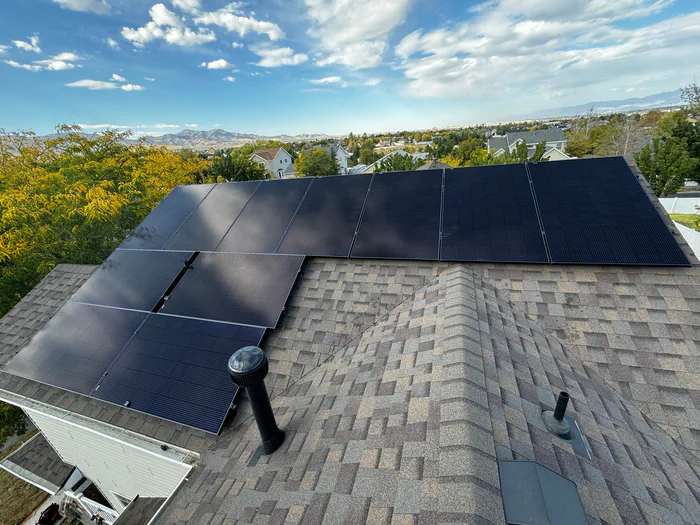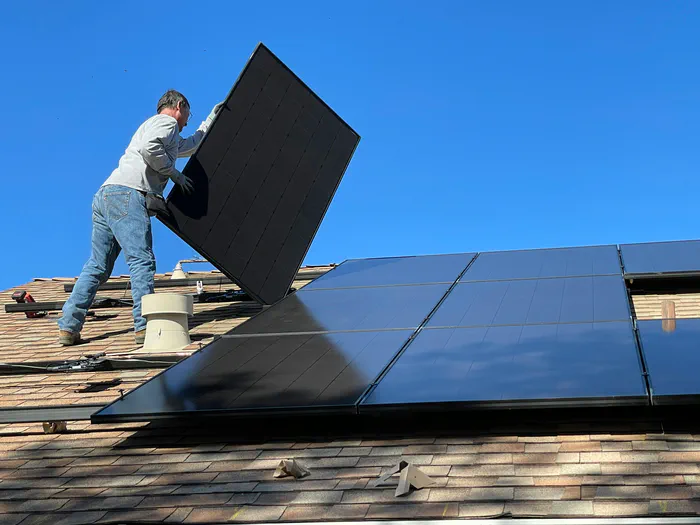Understanding the power consumption of household appliances is crucial for efficient energy use and cost management. This page is designed to offer valuable insights into general principles of energy use, practical tips for energy efficiency, and strategies to lower electricity costs. For detailed, appliance-specific information, you’ll find links to in-depth articles that explore the nuances of power consumption for various household devices.
Understanding and Calculating Household Electricity Use
Understanding and accurately calculating household electricity use is essential for managing energy consumption, reducing utility bills, and contributing to environmental sustainability. Electricity use in households is measured in kilowatt-hours (kWh), which represents the amount of energy used over time. One kWh equates to the energy consumption of a 1,000-watt appliance running for one hour. To begin calculating and understanding your household’s electricity use, it’s crucial to start with the basics of how electrical appliances and systems are rated and how their consumption translates into the energy you are billed for.
Firstly, every electrical device in your home, from a light bulb to a washing machine, has a power rating, typically expressed in watts (W) or kilowatts (kW). This rating indicates the maximum power the device can consume per hour. However, the actual energy consumption depends on how long the device is operated. For example, a 100W light bulb running for 10 hours will consume 1 kWh (100 watts x 10 hours = 1,000 watt-hours or 1 kWh). To calculate the energy consumption of an appliance, multiply its power rating by the number of hours it is used, and divide by 1,000 to convert watt-hours to kilowatt-hours. But keep in mind that not all appliances run on full power all the time. If you have an electric water heater and you choose to only take a lukewarm shower, the device will likely not run with maximum power.
To get a comprehensive understanding of your household electricity use, it’s beneficial to categorize appliances into two types: constant-use and variable-use. Constant-use appliances, such as refrigerators and routers, run continuously and contribute a consistent amount to your monthly energy consumption. Variable-use appliances, like washing machines, ovens, and TVs, have usage patterns dependent on personal habits and lifestyle. Calculating the energy consumption of constant-use appliances requires knowing their power rating and the total time they’re plugged in, whereas for variable-use appliances, you need to estimate the average duration of use per day or month.
Another important aspect of understanding household electricity use is recognizing the difference between standby and active power consumption. Many modern appliances consume power even when they’re not actively being used, known as standby or phantom load. This includes devices like televisions, chargers, and computers that use energy when plugged in but not in operation. To minimize this type of consumption, consider unplugging devices when not in use or using smart power strips that cut off power when appliances are in standby mode.
Examine Your Electricity Bill

The next step in understanding your electricity use is to examine your electricity bill. Most utility companies provide a breakdown of your total electricity consumption in kWh and the cost per kWh. By comparing this with the estimated consumption of your appliances, you can see which devices are the most energy-intensive and potentially identify areas where you can reduce usage.
In addition to individual appliance consumption, it’s also important to consider the overall energy efficiency of your home. Factors like insulation, window quality, and heating and cooling systems play a significant role in your home’s energy consumption. Implementing energy-efficient solutions, such as LED lighting, energy-efficient appliances, and smart thermostats, can significantly reduce overall energy usage.
Moreover, adopting energy-saving habits can make a substantial difference. Simple actions like turning off lights when leaving a room, using appliances during off-peak hours, setting appropriate temperatures on heating and cooling systems, and using appliances efficiently (e.g., full loads in washing machines) contribute to lowering energy consumption.
Identifying “Power Guzzlers” in Your Household

Identifying the “power guzzlers” in your household is a crucial step towards effective energy management and cost reduction. These are the appliances or systems that consume disproportionately large amounts of electricity, often running up your energy bills and potentially impacting the environment. Understanding which appliances fall into this category requires a closer look at their power ratings, usage patterns, and the overall impact they have on your monthly energy consumption.
From here, delve into the specific details of various household devices and their energy consumption. Each linked article offers an in-depth look at a particular appliance, helping you understand its power demands and providing tips on how to use it more efficiently or consider more energy-efficient alternatives. Whether it’s the silent energy draw of a refrigerator or the occasional but intense consumption of a clothes dryer, gaining this knowledge empowers you to make smarter choices about the appliances in your home.



